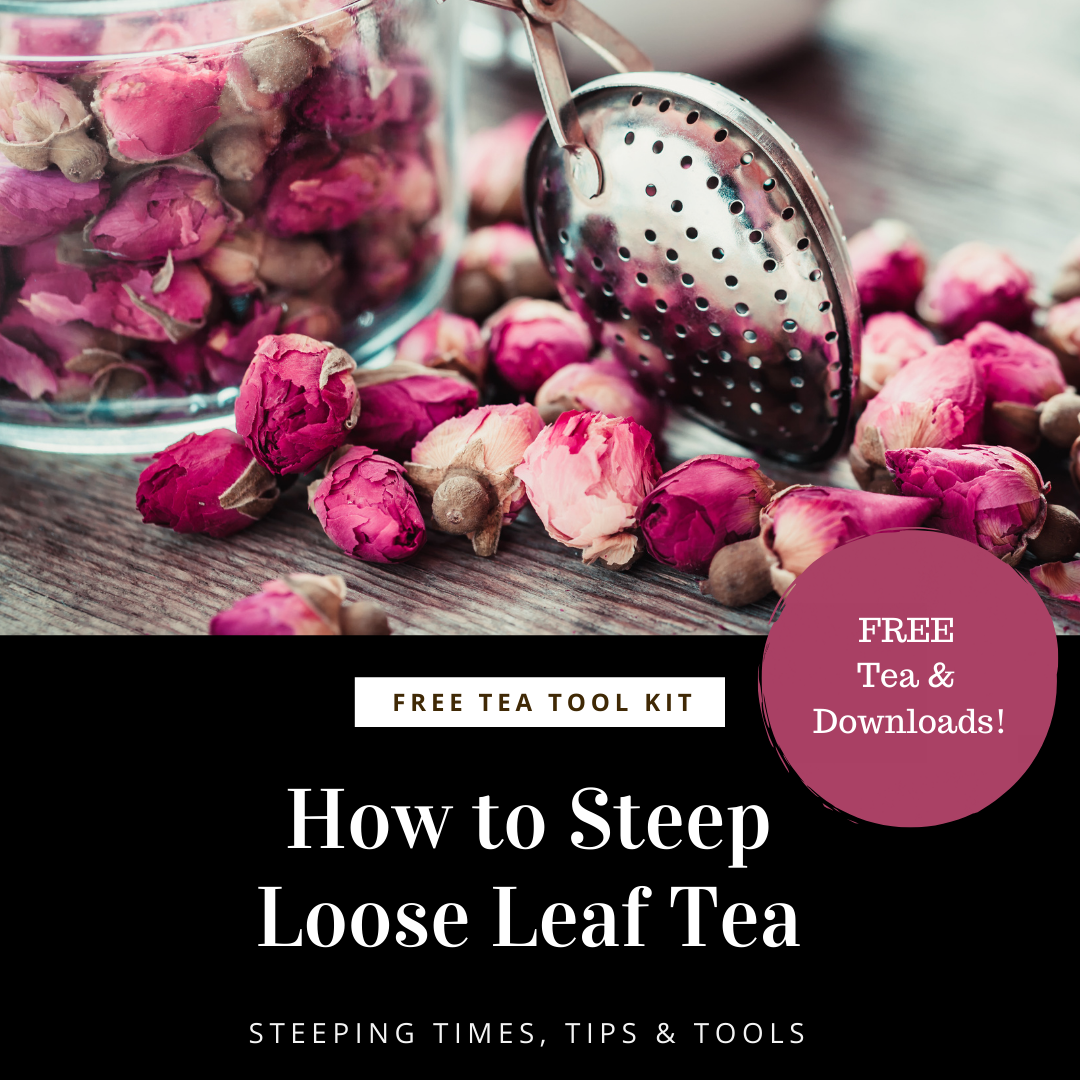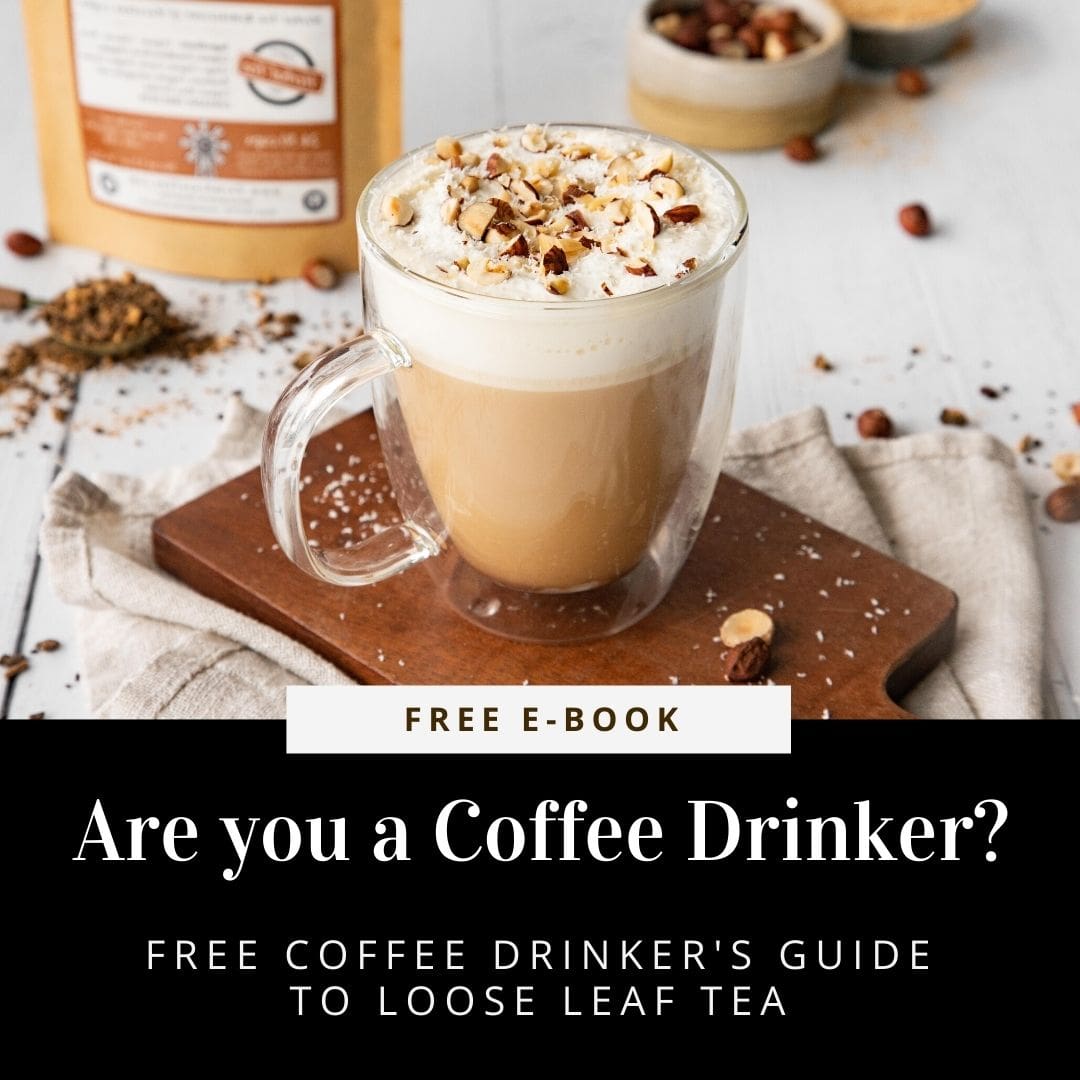California Proposition 65 – What You Need to Know
California Proposition 65 – What You Need to Know
What is Proposition 65?
Proposition 65, or the Safe Drinking Water and Toxic Enforcement Act, was passed by California voters in 1986. It was originally intended to prevent harmful chemicals from contaminating drinking water. At the time, the state identified around three dozen substances as potential cancer-causing or reproductive toxins. Today, that list—maintained by the California Office of Environmental Health Hazard Assessment (OEHHA)—has grown to include over 800 chemicals, many of which occur naturally in soil, water, and plants.
Why does my purchase have a warning label?
California law requires that businesses selling products in the state include a warning label if they contain any of the substances on this list, even in trace amounts. This is why you may see the following statement on your order:
"Warning: This product contains chemicals known to the State of California to cause cancer and birth defects or other reproductive harm."
This label is not unique to our products. It appears on a wide variety of everyday items sold in California, including fresh fruits, vegetables, nuts, dietary supplements, electrical components, jewelry, glassware, and even household furniture. Hotels, restaurants, and gas stations must also display similar warnings in visible locations. We include this label to remain compliant with state regulations.
Does this mean the product is unsafe?
Not necessarily. The warning is based on California’s strict standards, which are often significantly lower than federal or international guidelines. For example, the U.S. Food and Drug Administration (FDA) allows a lead limit of 10 parts per million (ppm) in dietary supplements, while Proposition 65 requires warnings at just 0.5 micrograms per day—nearly 1,000 times lower. Even common organic vegetables like spinach and carrots naturally contain small amounts of lead from the soil, yet they could require a warning label under Prop 65.
What substances does Prop 65 cover?
The list includes a mix of synthetic and naturally occurring substances, such as:
- Arsenic – A naturally occurring element found in soil, air, and water, sometimes elevated by industrial activity.
- Lead – Present in most soils due to past use of lead-based paints and fuels, with plants absorbing small amounts as they grow.
Because Proposition 65 applies even to naturally occurring substances, companies in the natural products industry—including farmers and wildcrafters—can be held responsible for environmental contaminants beyond their control.
Concerns About Proposition 65
While the law was created to promote public safety, its enforcement system relies on private lawsuits, which has led to an increase in costly legal actions against small businesses. Additionally, the burden of proof falls on companies to demonstrate that a warning label is unnecessary, rather than requiring the state to prove actual harm.
If you live in California and have concerns about Proposition 65, you can reach out to your state legislators to advocate for reform. If you live in another state, you can contact your Congressional representatives to share how this law affects businesses and consumers nationwide.
Do you test for Lead what are the lead levels in your products?
We adhere to the American Herbal Products Association (AHPA) guidelines, which recognize that herbal raw materials naturally contain some foreign matter. This can include:
- Parts of the plant other than the specified herbal material
- Other organic materials, such as stray leaves or grass clippings
- Naturally occurring mineral content, including soil, dust, and trace elements
Global pharmacopeias set allowable limits for foreign matter in herbal raw materials, typically ranging from 2% to 10% by weight. The U.S. Food and Drug Administration (FDA) also establishes thresholds for unavoidable natural substances in food that pose no health risks.
Because herbs grow in soil, trace amounts of minerals—including lead—can be naturally absorbed by plants. While the FDA sets the safety limit for lead in dietary supplements at 10 ppm, California’s Proposition 65 enforces a far stricter threshold of 0.5 micrograms per day—nearly 1,000 times lower than the FDA’s established safety level. For perspective, common vegetables such as spinach and carrots contain between 3 ppm and 6 ppm of lead, whether organically grown or not.
Our commitment is to provide high-quality herbal products that meet or exceed federal and international safety standards while remaining transparent about regulatory requirements.




